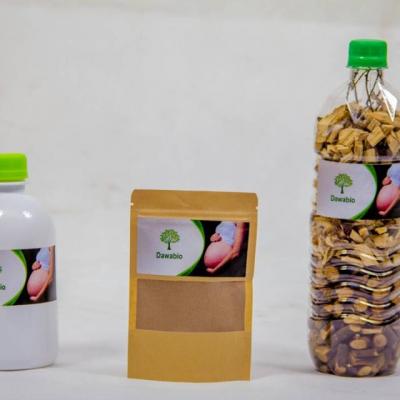- Home
- hydrosalpinx causes infertility in women
hydrosalpinx causes infertility in women
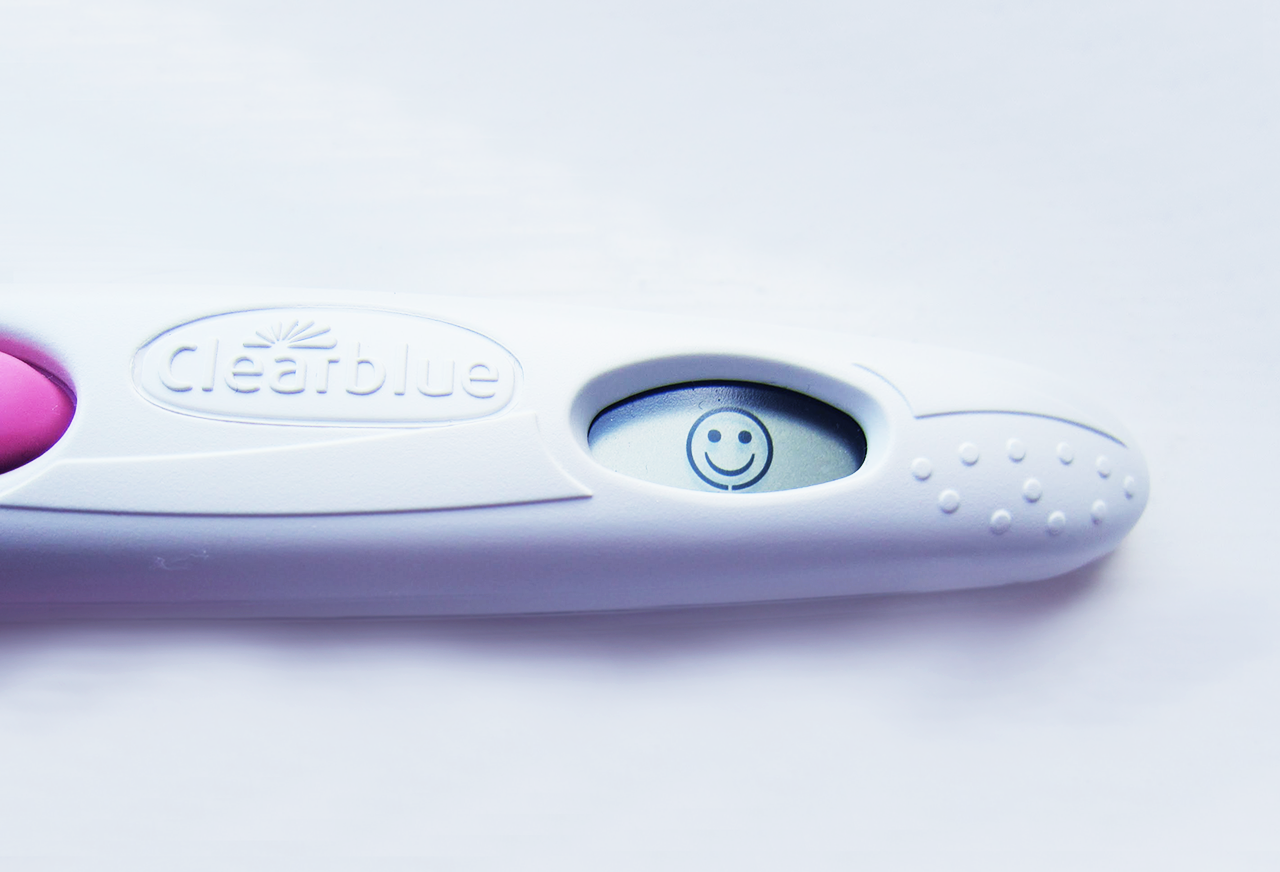
Natural Remedy for Combating Anovulation
The absence of ovulation in the menstrual cycle means that the egg has not been released from the ovary. For women trying to conceive, this means that in a given cycle, they have no chance of getting pregnant.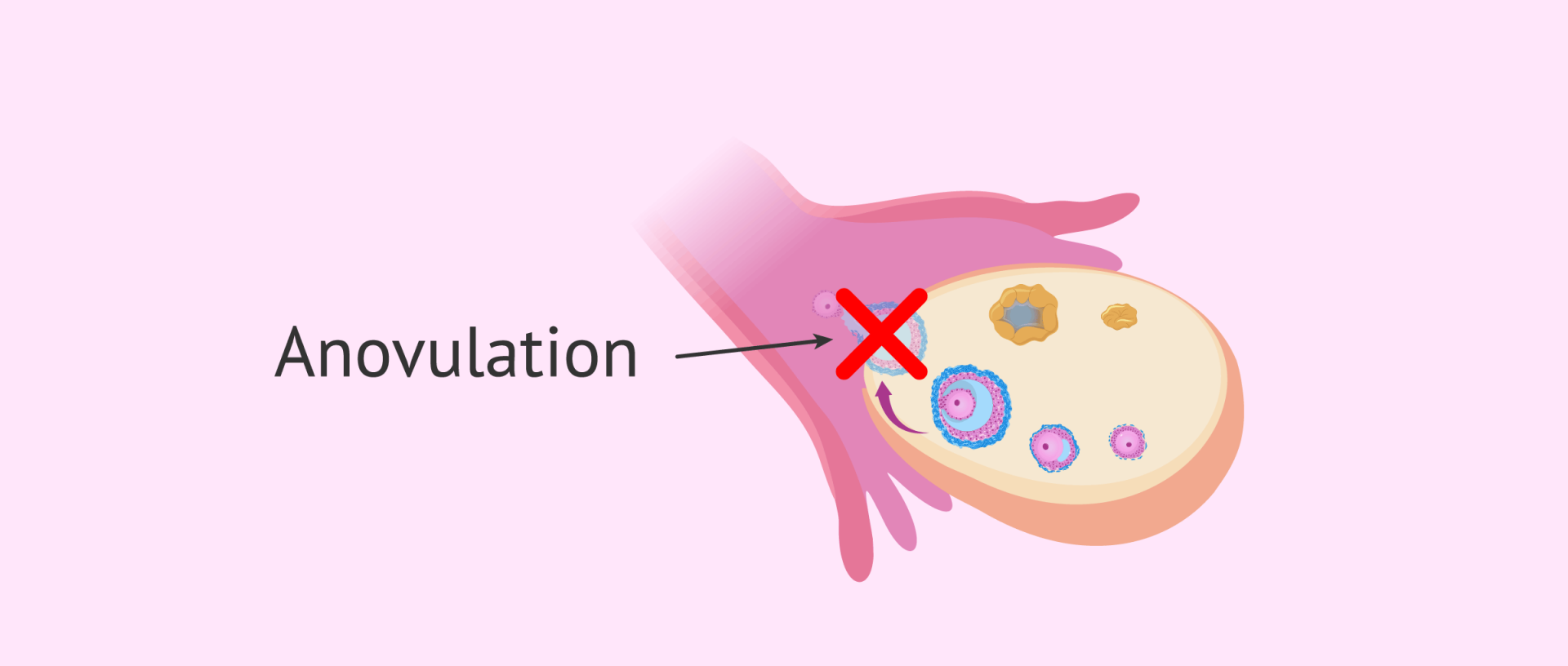
If you're trying to have a baby but suspect you're not ovulating, you've come to the right place. We have a highly effective natural treatment to cure anovulation and help you get pregnant quickly and easily.
Natural Treatment for Absence of Ovulation
The natural treatment we offer to restore your ovulation is entirely composed of herbal teas. Its goal is to regulate your cycle and enable you to become pregnant. Unlike other medications, this natural remedy is entirely made from plants. It stimulates ovulation and restores the hormonal system naturally.
It acts as a potent uterine tonic during ovulation and has a constructive effect on reproductive hormones. Thus, the herbal tea contributes to improving estrogenic activity and also helps increase low levels of progesterone.
This is a natural and effective remedy that will allow you to ovulate again. The use of natural plants generally yields positive results and significantly contributes to triggering ovulation. Often, it is necessary to explore alternative solutions provided by nature.
Click on the image below to obtain it: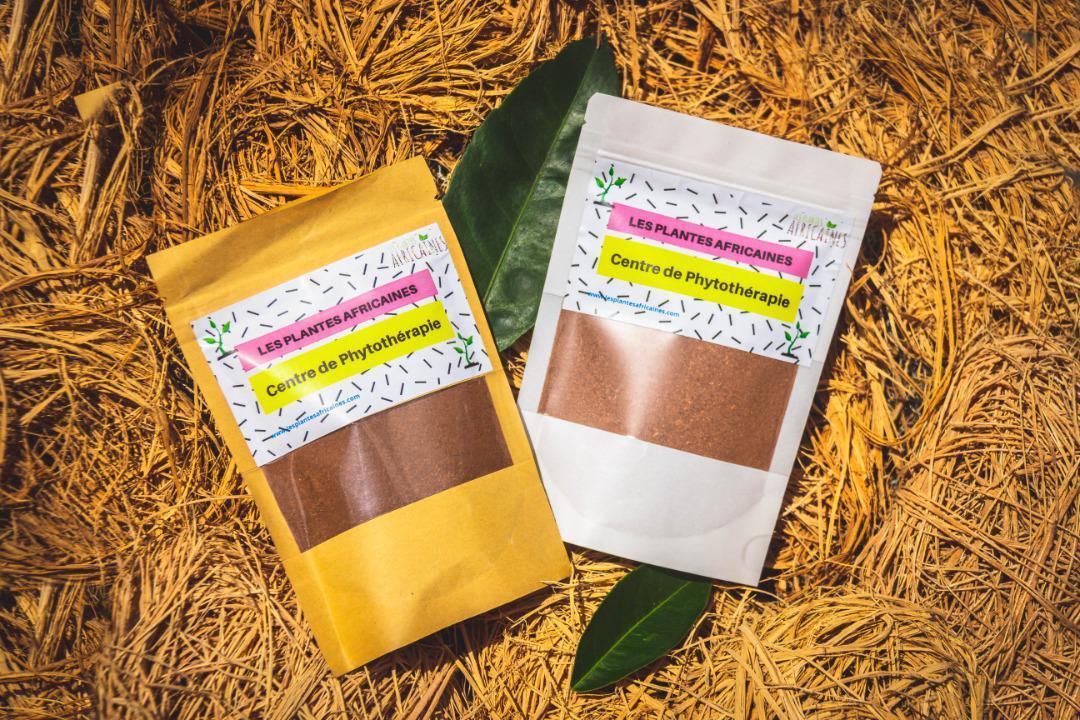
Order it now and start your natural treatment for anovulation as soon as possible. We provide support throughout the duration of your treatment. To contact us, click the WhatsApp button in the bottom right corner of the screen or call us at +229 66 23 89 56.
We are represented in all African countries and are active in Cameroon, Côte d'Ivoire, Mali, Senegal, Burkina Faso, Togo, Kenya, Nigeria, Gabon, the Central African Republic, Benin, Chad, South Africa, Rwanda, Botswana, Uganda, Congo-Brazzaville, and Kinshasa. So rest assured that you will receive your products immediately after ordering.
Delivery is free worldwide.
NATURAL REMEDY TO NATURALLY BOOST YOUR FERTILITY
- Reduce Caffeine Intake
During the process of trying to conceive, having a cup of coffee every day can reduce your chances of getting pregnant. Experts say that caffeine can reduce the activity of the fallopian tube muscles, which transport eggs from the ovaries.
- Stay Hydrated
Fertility expert Zita West has stated, "If you don't drink enough water, the reproductive system will lose energy, affecting vital organs that we need." Mineral water can smooth the blood supply to the brain, meaning it can strengthen the uterine lining because if you're dehydrated, cervical fluid will be slower.
- Avoid Cigarettes, Drugs, and Alcohol
Women who smoke, use drugs, and consume alcohol may reduce the number of sperm and increase abnormal sperm.
- Consume More Milk
Drink at least one glass of milk a day to reduce the risk of infertility. According to research from Harvard University in America, milk fats help the ovaries function properly.
- Protein and Vitamin E Intake
The main benefits of healthy protein and vitamin E for an expectant mother's body are to maintain hormone stability, which regulates fertility. This is why the intake of protein and vitamin E is important for getting pregnant quickly.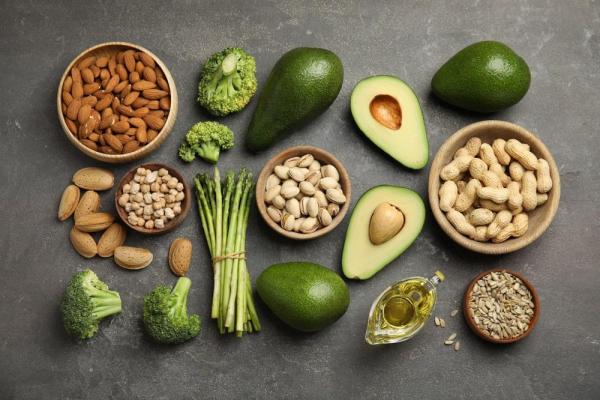
We offer a highly effective natural remedy to cure anovulation and help you become pregnant quickly and easily.
Order it now and start your natural treatment for anovulation as soon as possible. We provide support throughout the duration of your treatment. To contact us, click the WhatsApp button in the bottom right corner of the screen or call us at +229 66 23 89 56.
We are represented in all African countries and are active in Cameroon, Côte d'Ivoire, Mali, Senegal, Burkina Faso, Togo, Kenya, Nigeria, Gabon, the Central African Republic, Benin, Chad, South Africa, Rwanda, Botswana, Uganda, Congo-Brazzaville, and Kinshasa. So rest assured that you will receive your products immediately after ordering.
Delivery is free worldwide.
03 Recipes for Improved Fertility
- Garlic and Ovulation
The aromatic tuber gives food a unique aroma, has an antibacterial effect, and keeps the blood, heart, and vessels healthy. Moreover, garlic has been known to promote fertility for thousands of years.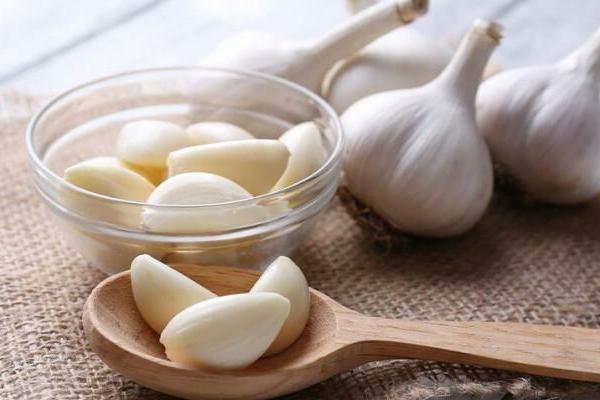
- Pumpkin Seeds
Zinc is an important element for reproduction and is found in large quantities in pumpkin seeds. Zinc helps in the production of new cells, hormonal balance, and the maturation of healthy eggs. The high proportion of vitamin E also protects eggs and is effective against free radicals in the body.
Vitamin E, combined with selenium also present in pumpkin seeds, helps build a healthy uterine lining. Another advantage of pumpkin seeds is that they are the best plant source of omega-3 fatty acids and, with their proportion of omega-6 fatty acids, keeps the outer skin of the egg oily intact.
Usage: Snack on pumpkin seeds instead of candies, mix them in salads, and sprinkle them on bread.
Pumpkin Seed Spread Recipe
* 250g pumpkin seeds
* 100g butter, room temperature
* 1 teaspoon of oil
* Salt, pepper
* Finely chopped parsley
Preparation:
* Roast the pumpkin seeds carefully in a pan, stirring.
* Grind the roasted pumpkin seeds finely in a blender.
* Mix with butter.
* Incorporate the parsley.
* Store in a cool place and use as a spread.
- Lemons
Although lemons have a bitter taste, they maintain a balanced acid-base balance in the body - an essential condition for effective hormones and a welcoming environment for sperm. Lemons are important not only for women who want to become pregnant but also for their partners. The high vitamin C content acts as an antioxidant and protects sperm and eggs from toxins.
Usage: In dressings (better than vinegar!), in drinks, etc.
Lemon Mousse Recipe
* 3 lemons, organic!
* 100g plain yogurt
* 100g cream cheese
* 2 teaspoons of ground gelatin
Preparation:
* Grate the zest of one lemon.
* Squeeze the juice from the other two lemons and collect it.
* Mix the cream cheese and sugar.
* Stir in yogurt, lemon juice, and lemon zest.
* Prepare the gelatin according to the instructions on the package and add it to the mixture.
* Chill the mousse for 2 hours.
We offer a highly effective natural remedy to cure anovulation and help you become pregnant quickly and easily.
Order it now and start your natural treatment for anovulation as soon as possible. We provide support throughout the duration of your treatment. To contact us, click the WhatsApp button in the bottom right corner of the screen or call us at +229 66 23 89 56.
We are represented in all African countries and are active in Cameroon, Côte d'Ivoire, Mali, Senegal, Burkina Faso, Togo, Kenya, Nigeria, Gabon, the Central African Republic, Benin, Chad, South Africa, Rwanda, Botswana, Uganda, Congo-Brazzaville, and Kinshasa. So rest assured that you will receive your products immediately after ordering.
Delivery is free worldwide.
Other Foods That Can Promote Female Fertility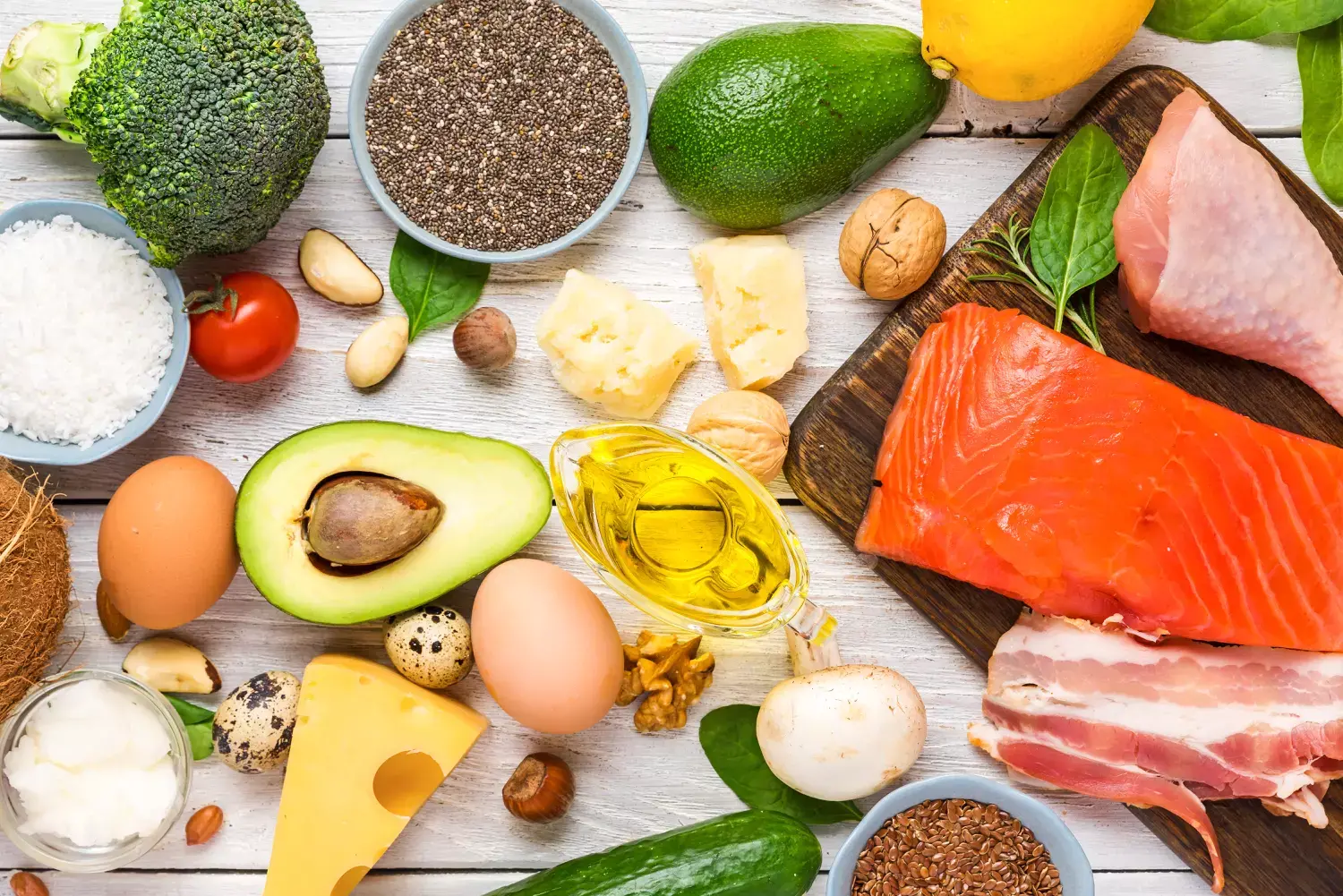
Female fertility can be influenced by various factors, including diet. While no food guarantees fertility, a balanced and nutritious diet can contribute to improving reproductive health. Here are some foods and nutrients often associated with promoting female fertility:
- Folic Acid: Foods rich in folic acid, such as leafy green vegetables (spinach, kale), legumes (chickpeas, lentils), citrus fruits, and fortified cereals, can help reduce the risk of certain birth defects in the future baby.
- Omega-3 Fatty Acids: Omega-3 fatty acids found in fatty fish (salmon, mackerel, sardines), nuts, flaxseeds, and fish oil can contribute to hormonal balance and reproductive health.
- Lean Proteins: Sources of lean protein, such as chicken, turkey, fish, legumes, and tofu, provide essential amino acids for egg development and hormone regulation.
- Iron: Iron in lean red meat, spinach, lentils, and beans can help prevent anemia, which can affect fertility.
- Antioxidants: Foods rich in antioxidants, like colorful fruits and vegetables (berries, carrots, bell peppers), help combat oxidative stress that can harm egg quality.
- Calcium-Rich Dairy: Calcium is important for hormone regulation, and low-fat dairy products like yogurt and milk can be good sources.
- Vitamin D-Rich Foods: Vitamin D is essential for reproductive health and can be obtained from fatty fish, egg yolks, and moderate sun exposure.
- Low Glycemic Index Foods: Low-glycemic-index foods like whole grains, non-starchy vegetables, and legumes can help stabilize blood sugar, which is important for ovulation.
- Zinc: Zinc is an important nutrient for hormone production and reproductive health. It can be found in seafood, lean red meat, nuts, and seeds.
It's important to note that diet alone does not guarantee fertility, and many other factors can influence the ability to conceive. If you have concerns about your fertility or are trying to conceive, it's recommended to consult a healthcare professional, such as a gynecologist or fertility specialist, for personalized advice and appropriate recommendations.
We offer a highly effective natural remedy to cure anovulation and help you become pregnant quickly and easily.
Order it now and start your natural treatment for anovulation as soon as possible. We provide support throughout the duration of your treatment. To contact us, click the WhatsApp button in the bottom right corner of the screen or call us at +229 66 23 89 56.
We are represented in all African countries and are active in Cameroon, Côte d'Ivoire, Mali, Senegal, Burkina Faso, Togo, Kenya, Nigeria, Gabon, the Central African Republic, Benin, Chad, South Africa, Rwanda, Botswana, Uganda, Congo-Brazzaville, and Kinshasa. So rest assured that you will receive your products immediately after ordering.
Delivery is free worldwide.
When Does Anovulation Occur?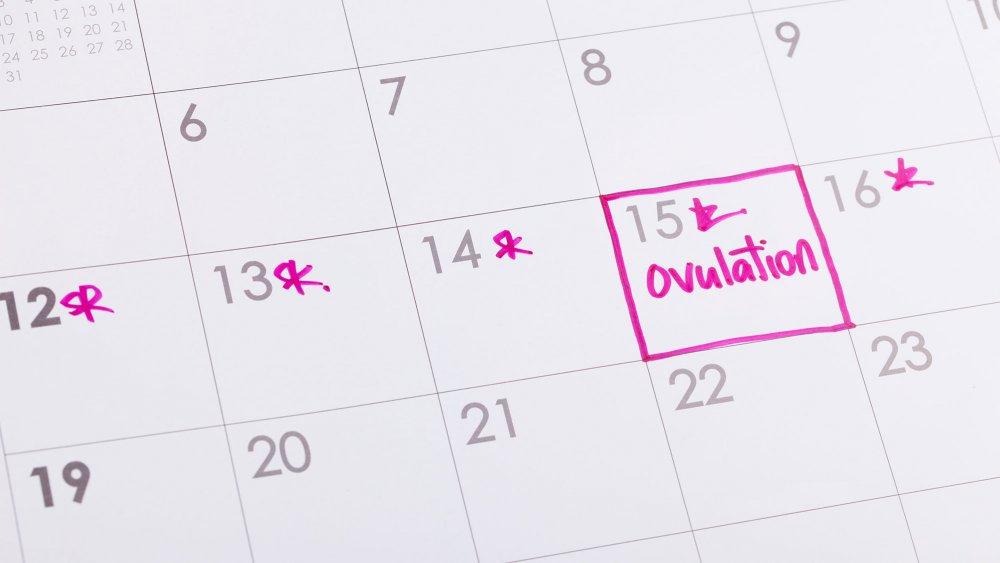
Anovulation occurs when the ovary does not release an egg (ovum) during a menstrual cycle. Anovulation can occur at different times in a woman's life for various reasons. Here are some of the periods when anovulation can occur:
- During Puberty: When girls reach puberty, their menstrual cycles can be irregular for a while as their reproductive system adjusts. Anovulation can occasionally occur during this stage.
- During Perimenopause: Perimenopause is the period leading up to menopause, typically starting in the forties. Hormonal fluctuations can lead to irregular menstrual cycles and periods of anovulation.
- Due to Hormonal Disorders: Hormonal disorders such as polycystic ovary syndrome (PCOS) or hypothyroidism can cause chronic or recurrent anovulation.
- Due to Stress or Excessive Weight Loss: Chronic stress, significant weight loss, or excessive exercise can disrupt hormonal balance and lead to temporary anovulation.
- Due to Taking Certain Medications: Some medications, like oral contraceptives, can temporarily suppress ovulation. When a woman stops taking these medications, there may be a period of transient anovulation.
- Due to Pituitary Gland Disorders: Abnormalities in the pituitary gland, which regulates reproductive hormones, can lead to anovulation.
- Due to Eating Disorders: Eating disorders like anorexia or bulimia can disrupt hormones and result in anovulation.
It's important to note that anovulation can make conception more challenging because ovulation is necessary for a woman to become pregnant. If a woman has concerns about anovulation or is experiencing difficulty conceiving, it's recommended to consult a healthcare professional, such as a gynecologist or fertility specialist, to determine the underlying cause and consider treatment options if necessary.
We offer a highly effective natural remedy to cure anovulation and help you become pregnant quickly and easily.
Order it now and start your natural treatment for anovulation as soon as possible. We provide support throughout the duration of your treatment. To contact us, click the WhatsApp button in the bottom right corner of the screen or call us at +229 66 23 89 56.
We are represented in all African countries and are active in Cameroon, Côte d'Ivoire, Mali, Senegal, Burkina Faso, Togo, Kenya, Nigeria, Gabon, the Central African Republic, Benin, Chad, South Africa, Rwanda, Botswana, Uganda, Congo-Brazzaville, and Kinshasa. So rest assured that you will receive your products immediately after ordering.
Delivery is free worldwide.
Anovulation and Menstruation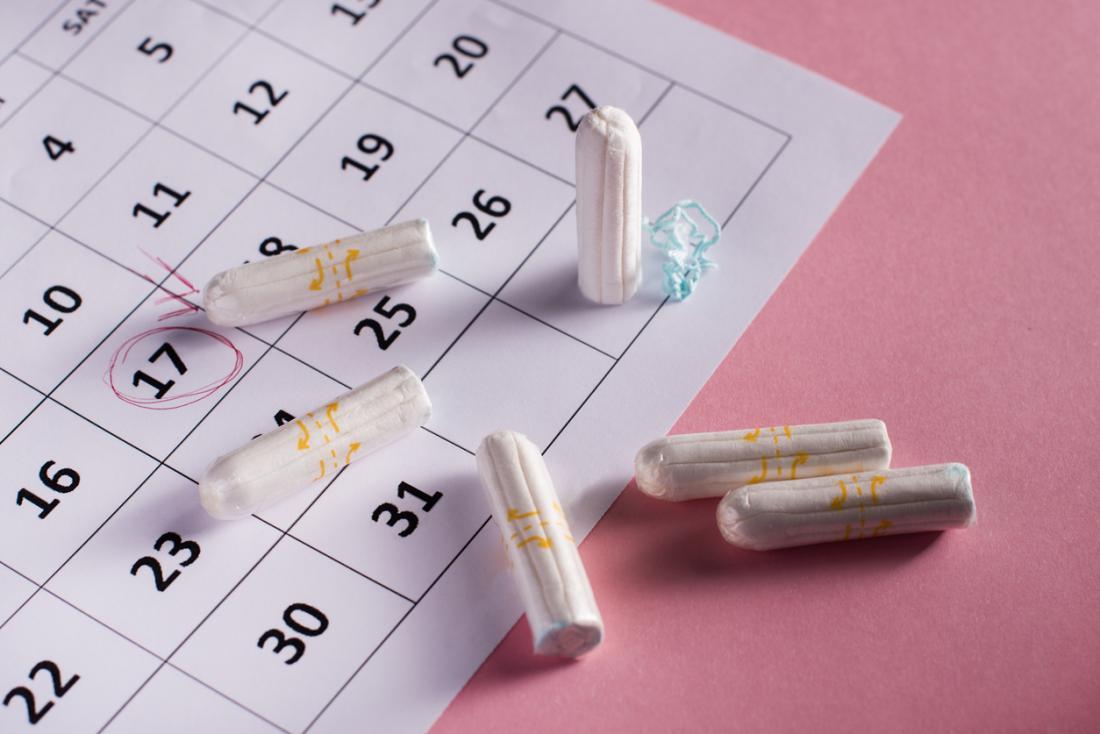
Anovulation, which occurs when ovulation does not take place during a menstrual cycle, can significantly impact a woman's periods. Here's how anovulation can influence menstruation:
- Menstrual Irregularity: Anovulation is often associated with irregular menstrual cycles. This means that periods can be unpredictable in terms of duration and frequency. A woman may have very short, very long, or even miss her periods for several months.
- Heavy or Light Bleeding: When ovulation doesn't occur, the balance of hormones, especially estrogen and progesterone, can be disrupted. This can lead to heavy or light menstrual bleeding, sometimes accompanied by spotting between periods.
- Premenstrual Syndrome (PMS): Some anovulatory women may still experience PMS symptoms even if their cycles are irregular. PMS symptoms can vary from person to person but often include mood swings, abdominal pain, breast tenderness, and other symptoms.
- Infertility: Anovulation is a common cause of infertility because ovulation is necessary for conception. If ovulation doesn't occur, the release of a fertilizable egg also doesn't happen, making natural conception difficult.
It's important to note that anovulation can be caused by various factors, including stress, hormonal disorders, polycystic ovary syndrome (PCOS), age, and other underlying medical issues. If a woman experiences persistent anovulation or severe menstrual problems, it's recommended to consult a healthcare professional, such as a gynecologist or fertility specialist, to determine the underlying cause and discuss appropriate treatment options.
We offer a highly effective natural remedy to cure anovulation and help you become pregnant quickly and easily.
Order it now and start your natural treatment for anovulation as soon as possible. We provide support throughout the duration of your treatment. To contact us, click the WhatsApp button in the bottom right corner of the screen or call us at +229 66 23 89 56.
We are represented in all African countries and are active in Cameroon, Côte d'Ivoire, Mali, Senegal, Burkina Faso, Togo, Kenya, Nigeria, Gabon, the Central African Republic, Benin, Chad, South Africa, Rwanda, Botswana, Uganda, Congo-Brazzaville, and Kinshasa. So rest assured that you will receive your products immediately after ordering.
Delivery is free worldwide.
How to Recognize Anovulation?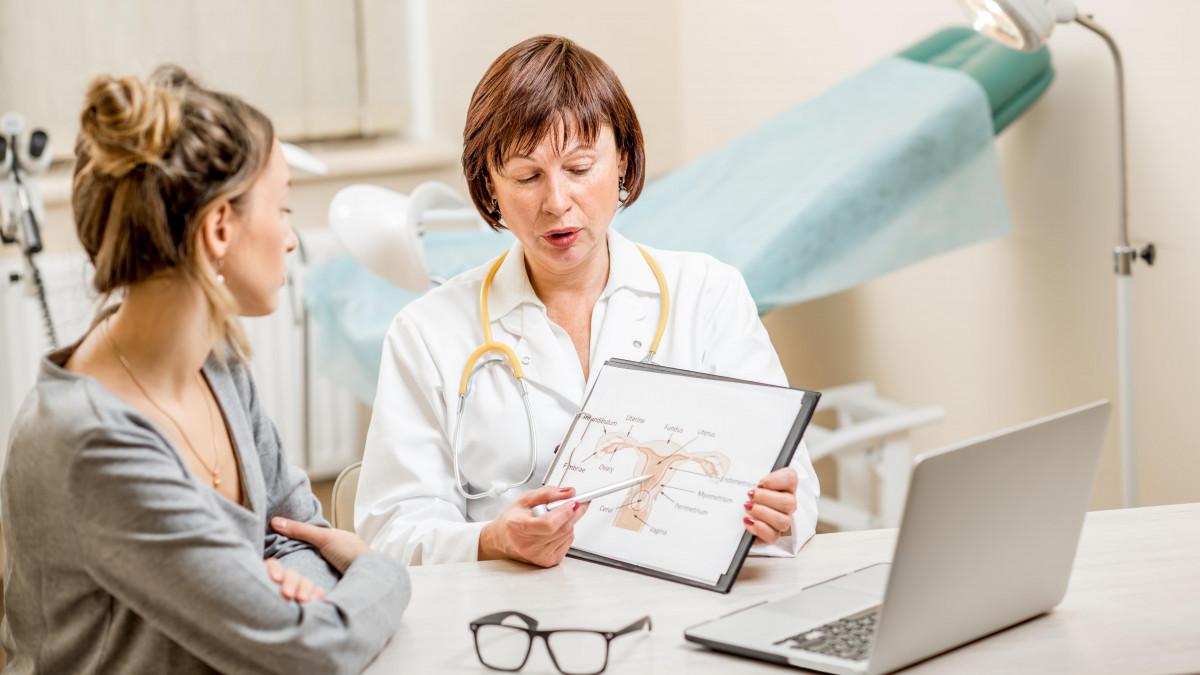
Recognizing anovulation can be a challenge because symptoms can vary from person to person, and occasional anovulatory cycles can occur even in women who typically have regular cycles. However, here are some signs and symptoms that may suggest anovulation:
- Irregular Menstrual Cycles: One of the most common indications of anovulation is irregular menstrual cycles. If your periods are very short, very long, or if you miss your periods for several months, it may indicate the absence of ovulation.
- PMS Symptoms Without Periods: Some anovulatory women may still experience PMS symptoms, such as mood changes, abdominal pain, breast tenderness, even if their cycles are irregular or absent.
- Inconsistent Cervical Mucus: When a woman ovulates, the texture of her cervical mucus changes to become clearer, more slippery, and more stretchy. If you don't notice these changes in your cervical mucus throughout your cycle, it may suggest anovulation.
- Negative Ovulation Tests: Home ovulation tests typically measure the presence of luteinizing hormone (LH) in urine, which increases before ovulation. If you regularly perform ovulation tests, and they are consistently negative, it may indicate anovulation.
- Inconsistent Basal Body Temperature (BBT) Chart: Some women use the Basal Body Temperature (BBT) chart to track their ovulation. In cases of anovulation, the BBT chart may show erratic fluctuations in basal body temperature instead of the typical rise after ovulation.
- Lack of Peak Cervical Mucus: The absence of peak fertile cervical mucus as part of the cervical mucus method may indicate anovulation.
It's important to note that the cause of anovulation can vary from woman to woman, and in some cases, it may be multifactorial. If you suspect you're experiencing anovulation or have concerns about your menstrual cycle, it's recommended to consult a healthcare professional, such as a gynecologist or a fertility specialist, for an accurate diagnosis and discussion of appropriate treatment options.
We offer a highly effective natural remedy to cure anovulation and help you become pregnant quickly and easily.
Order it now and start your natural treatment for anovulation as soon as possible. We provide support throughout the duration of your treatment. To contact us, click the WhatsApp button in the bottom right corner of the screen or call us at +229 66 23 89 56.
We are represented in all African countries and are active in Cameroon, Côte d'Ivoire, Mali, Senegal, Burkina Faso, Togo, Kenya, Nigeria, Gabon, the Central African Republic, Benin, Chad, South Africa, Rwanda, Botswana, Uganda, Congo-Brazzaville, and Kinshasa. So rest assured that you will receive your products immediately after ordering.
Delivery is free worldwide.
Causes of Anovulation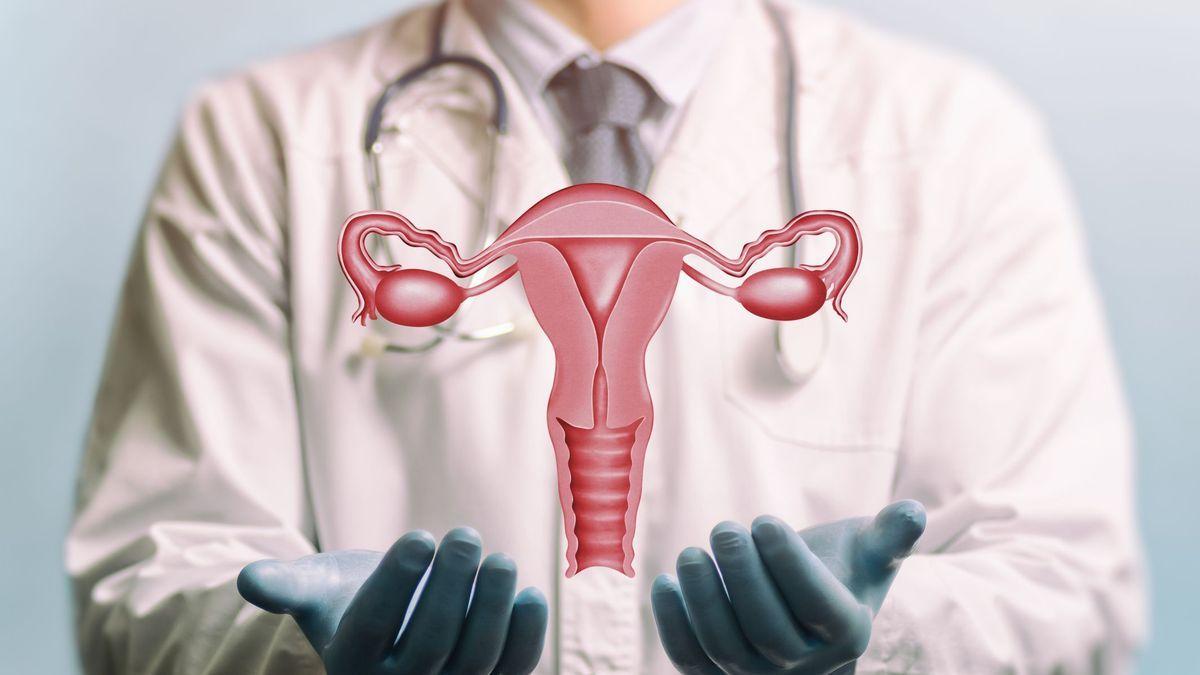
Anovulation, the absence of ovulation during a menstrual cycle, can be caused by various factors. Here are some common causes of anovulation:
- Polycystic Ovary Syndrome (PCOS): PCOS is one of the most common causes of anovulation in reproductive-aged women. It is characterized by ovaries containing many small follicles, often detected by ultrasound, and hormonal imbalances, including an excess of androgens (male hormones).
- Stress: Chronic stress can disrupt the hypothalamic-pituitary-ovarian axis, which regulates reproductive hormones, leading to temporary anovulation.
- Thyroid Disorders: Thyroid disorders, such as hypothyroidism (underactive thyroid) or hyperthyroidism (overactive thyroid), can affect ovarian function and cause anovulation.
- Excess or Insufficient Body Weight: Extreme body weight, whether it's too high or too low, can disrupt ovulation. Obese or underweight women have an increased risk of anovulation.
- Hyperprolactinemia: Hyperprolactinemia is a condition characterized by high levels of the hormone prolactin in the blood, which can interfere with ovulation.
- Tumors or Cysts: Ovarian tumors or cysts can disrupt normal ovarian function and cause anovulation.
- Excessive Exercise: Intense and excessive exercise, especially among professional athletes or individuals engaging in intense training, can disrupt ovulation.
- Medications: Certain medications, such as oral contraceptives, antidepressants, antipsychotics, and others, can temporarily suppress ovulation while they are being used.
- Age: Age plays a role in anovulation. Older women have a higher likelihood of experiencing anovulatory cycles, especially as they approach menopause.
- Other Hormonal Issues: Hormonal imbalances, such as an excess of androgens or deficiencies in hypothalamic or pituitary hormones, can lead to anovulation.
It's important to note that the cause of anovulation can vary from woman to woman, and in some cases, it may be multifactorial. If you have concerns about anovulation, irregular menstrual cycles, or are experiencing difficulty conceiving, it's recommended to consult a healthcare professional, such as a gynecologist or fertility specialist. A thorough medical evaluation can help identify the underlying cause and determine appropriate treatment options.
We offer a highly effective natural remedy to cure anovulation and help you become pregnant quickly and easily.
Order it now and start your natural treatment for anovulation as soon as possible. We provide support throughout the duration of your treatment. To contact us, click the WhatsApp button in the bottom right corner of the screen or call us at +229 66 23 89 56.
We are represented in all African countries and are active in Cameroon, Côte d'Ivoire, Mali, Senegal, Burkina Faso, Togo, Kenya, Nigeria, Gabon, the Central African Republic, Benin, Chad, South Africa, Rwanda, Botswana, Uganda, Congo-Brazzaville, and Kinshasa. So rest assured that you will receive your products immediately after ordering.
Delivery is free worldwide.
Hydrosalpinx: natural treatment options
Medically speaking, we speak of infertility when, despite a regular and unprotected marriage for a year, the blessing of children does not occur. Or, if the woman's pregnancy regularly ends in miscarriage. Fertilization is a very complex process in which hundreds of chemical, physical and hormonal mechanisms must be carried out in a given time and order. Natural treatment of hydrosalpinx (a major cause of infertility).
Blockage of the fallopian tubes can also occur against the background of infertility. This condition not only prevents sperm from reaching the egg, but it also prevents fertilized eggs from leaving the ovary and entering the uterus. This is an insidious problem because asymptomatic, so many women don't even know why they don't get pregnant. The obstruction can be caused by sexually transmitted infections or inflammatory diseases and can be treated surgically by freeing the fallopian tubes.
Natural treatment for blocked fallopian tubes
The natural treatment that we offer to heal your blocked tubes as well as hydrosalpinx permanently and without surgery is composed of 100% natural herbal teas . It is an effective, fast and durable remedy which makes it possible to unclog the tubes. It has already proven its effectiveness in curing many patients. So if you want to unblock your tubes and get pregnant fast, this is what you need. With us, no recurrences.
Click on the image below to discover this natural treatment or contact us via WhatsApp at +229 99 54 64 63
L'hydrosalpinx
Hydrosalpinx is a dangerous female disease that is often diagnosed with infertility. Normally, the fallopian tubes are lined with villous epithelium. They perform a transport function - they help the fertilized egg move down into the uterus. If for some reason adhesions and strictures appear in the fallopian tubes, their work is interrupted.
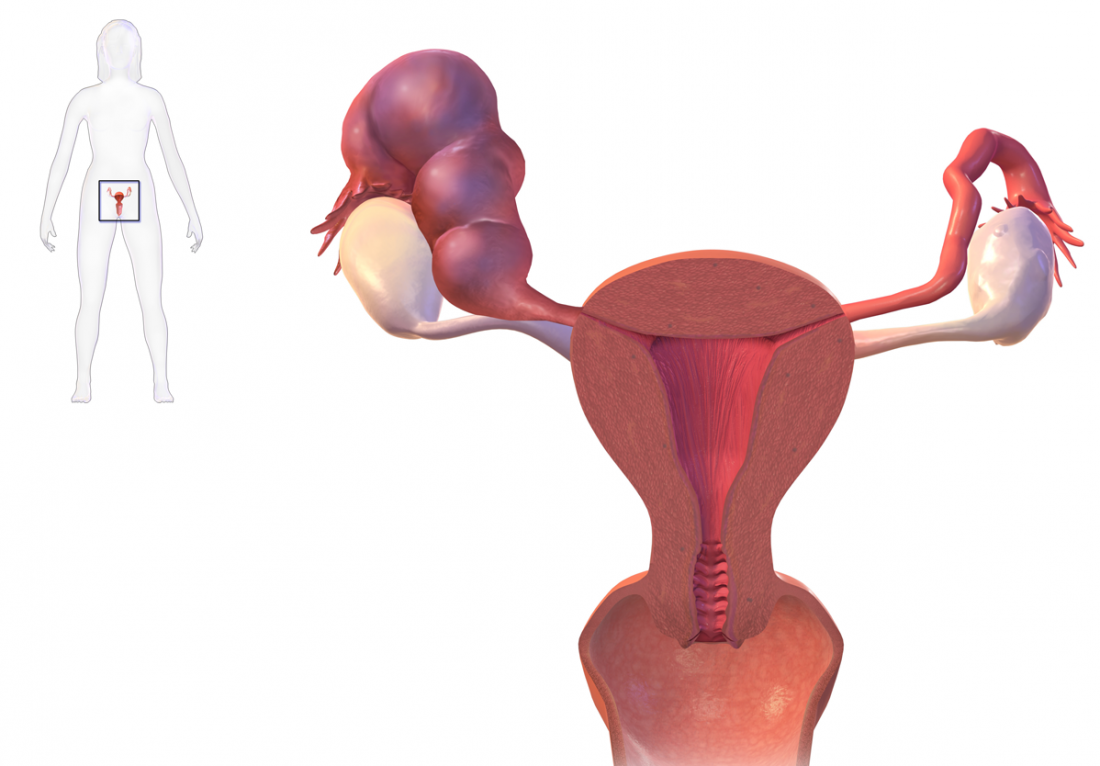
They can no longer transport the egg to the uterus, making it difficult for a woman to conceive. The fluid is collected in the cavity of the fallopian tube. It gradually accumulates, stretching the walls of the oviduct. Most often at this stage, women experience the first symptoms. In the future, they may become less or more pronounced, and the disease acquires a wavy course.
Symptoms of hydrosalpinx
With a slight deformity, a woman may not experience the symptoms of this disease at all, and hydrosalpinx becomes an accidental finding during ultrasound of the pelvis for infertility, other diseases, or even during an examination. preventive.
In other cases, the main symptom is a pulling pain in the lower abdomen. If a large volume of fluid accumulates, painful sensations may be given in the groin area. This is more typical for a long term cavity.
If the contents of hydrosalpinx are periodically spilled, a woman may complain of periodic heavy discharge of fluid.
Hydrosalpinx against the background of acute inflammation of the appendages is accompanied by a rise in temperature up to 38-39 degrees, weakness, shooting pain in the lower abdomen. In this case, an accumulation of inflammatory exudate occurs in the cavity, a large number of factors of inflammation and other biologically active substances are released.
Click on the image below to discover this natural treatment or contact us via WhatsApp at +229 99 54 64 63
Read also: the dong quai to unclog the fallopian tubes
Diagnosis of hydrosalpinx
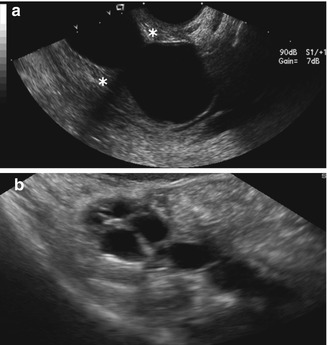
The identification of hydrosalpinx takes place in several steps.
- At the gynecologist's appointment, the doctor collects the anamnesis. He pays particular attention to the presence of pulling pains, unusual fluid discharge, symptoms of infertility.
- During a gynecological examination, a round or oval formation is revealed, elastic to the touch, located between the uterus and the ovaries.
- On pelvic ultrasound revealed the formation of an anehogenic cavity in the fallopian tube. It can have one or more chambers and has a homogeneous structure.
- When hysterosalpingography - X-ray diffraction study of the fallopian tubes with a contrast medium - is detected violation of permeability, narrowing of the lumen at the site of gidrosalpinksa formation.
- Diagnostic laparoscopy reveals the formation itself - a cyst filled with fluid.
